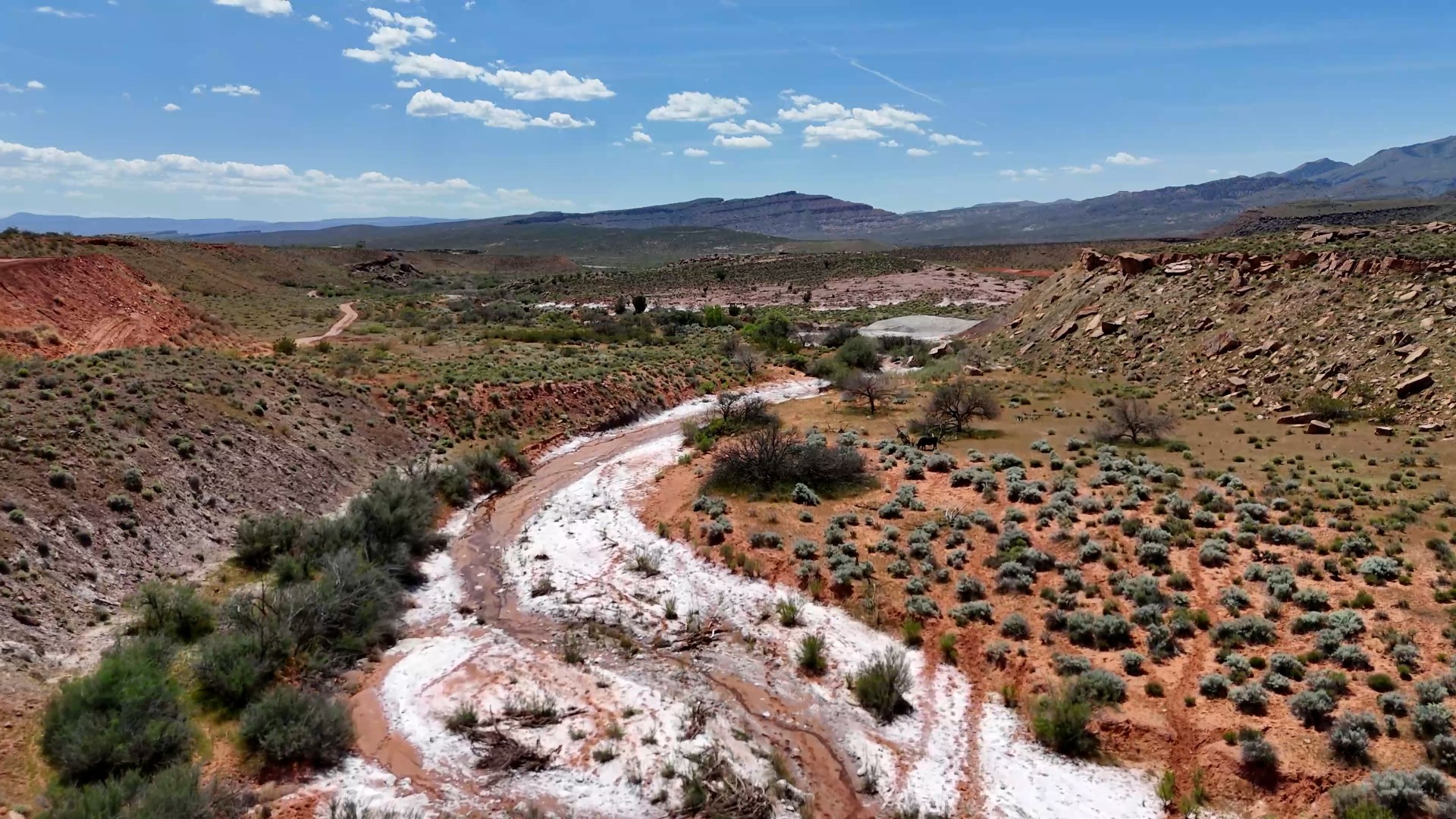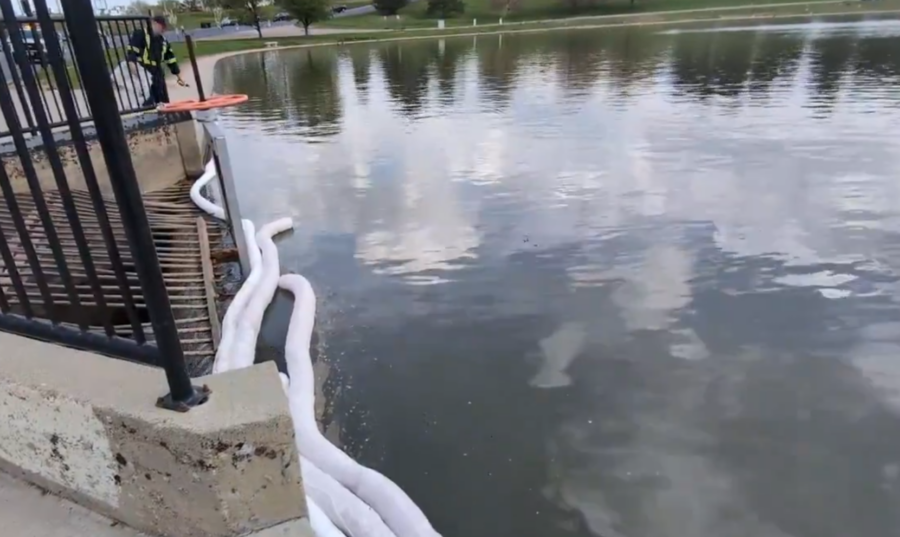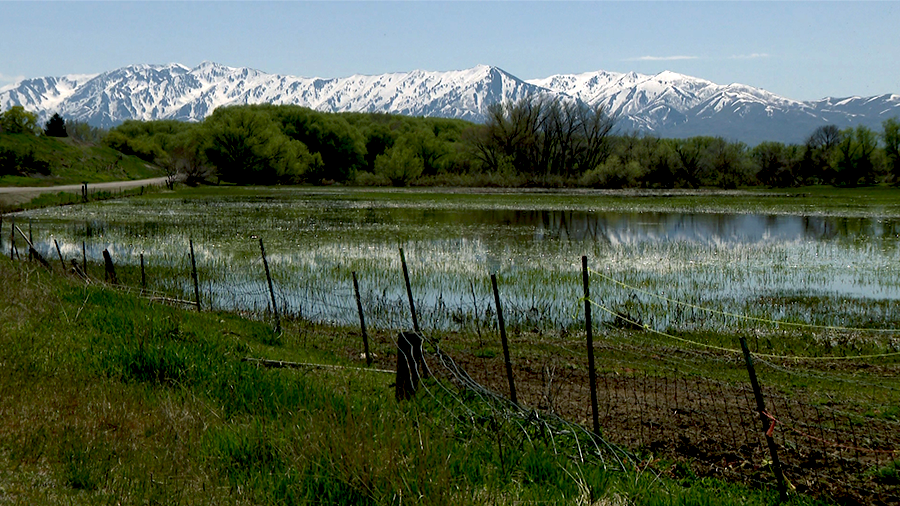Floodwaters could bring ‘more aggressive’ type of mosquito this spring, summer
Apr 18, 2023, 5:58 PM | Updated: Apr 19, 2023, 8:45 am
MURRAY, Utah — With spring around the corner, Utahns are already getting bugged by mosquitoes, and the flooding is expected to bring a lot more of them.
Wildlife officials said the Kennecott Nature Center alongside the Jordan River hasn’t been a mosquito problem area the last few years, but this year is different.
“We’re going to be very, very busy,” said Daniel McBride, assistant director of the South Salt Lake Valley Mosquito Abatement District.
McBride explained that the animals that live in this natural wetland, like fish and frogs, usually keep the mosquito population in check. But this year, mosquitoes are coming out of their hibernation stage with a lot more water for reproduction.
“Because they kind of naturally lay their eggs in flood zones, because we’re expecting to have more flood zones, we’re going to have much, much more of these flood water mosquitoes,” he said.
And these floodwater mosquitoes are also more aggressive as they bite harder and hurt. Luckily, they don’t carry diseases that could hurt humans.
Put on the boots and trudged through a marsh for today’s story. We’re talking about mosquitos. Have you seen them already? Any bites? Experts say we’ll see more of 1 type of ‘more aggressive’ mosquito this year. It’s because of flood waters.
Story at 6 @KSL5TV pic.twitter.com/RbWeuyJ0TV— Shelby Lofton (@newswithShelby) April 18, 2023
Mcbride said the kind of mosquito that carries West Nile virus likes permanent water sources and containers filled with water.
“Buckets, gutters that haven’t been cleaned out, maybe an old horse trough, maybe even a cup you left out when you were playing outside. Get rid of that water,” he warned.
Meanwhile, mosquito abatement teams are working to remove standing water. And Mcbride warned homeowners to do the same.
“The problem is not necessarily the flooding, it’s about the two weeks after the flooding. It’s all the places that the water kind of settles and sits,” Mcbride said. “That is the prime breeding areas for mosquitoes.”













